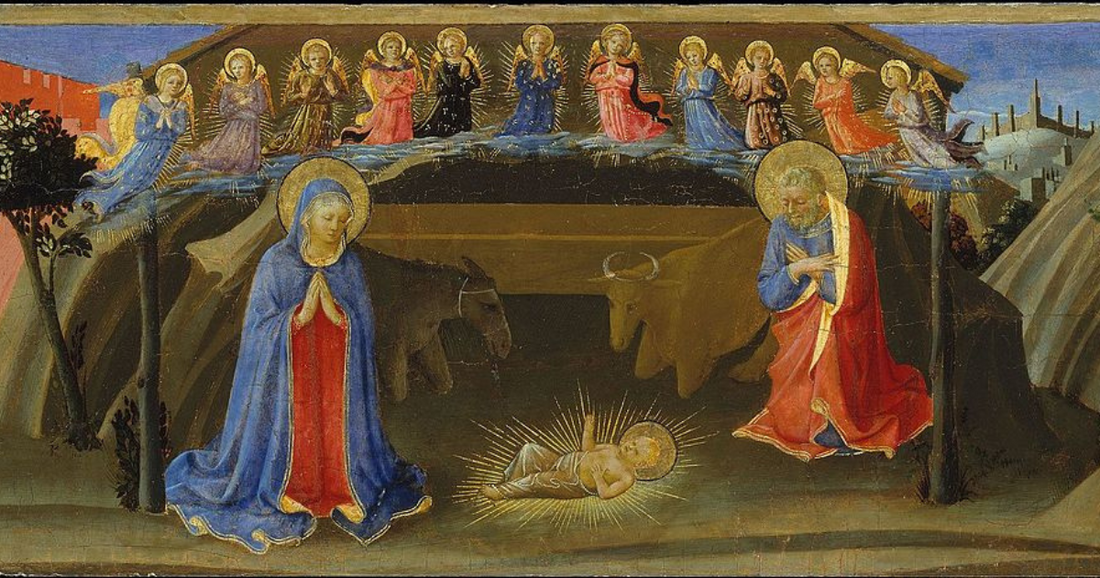
How Mary Crushes Heresy
Michael Gormley and Dave VanVickleMary just plays the role that pagans had for female goddesses. Jesus only appeared to be human so Mary didn’t really conceive him or give birth to him. These are two common heresies that oppose the Church’s teachings on Mary. Michael Gormley and Dave VanVickle explain the origins of these heresies and offer instruction on how to respond to them.
Snippet from the Show
If you are a discipleship of Jesus Christ, you need to bring Mary into your home at this very hour.
Catechism of the Catholic Church, Paragraph 465
The first heresies denied not so much Christ's divinity as his true humanity (Gnostic Docetism). From apostolic times the Christian faith has insisted on the true incarnation of God's Son "come in the flesh". But already in the third century, the Church in a council at Antioch had to affirm against Paul of Samosata that Jesus Christ is Son of God by nature and not by adoption. The first ecumenical council of Nicaea in 325 confessed in its Creed that the Son of God is "begotten, not made, of the same substance (homoousios) as the Father", and condemned Arius, who had affirmed that the Son of God "came to be from things that were not" and that he was "from another substance" than that of the Father.
Catechism of the Catholic Church, Paragraph 466
The Nestorian heresy regarded Christ as a human person joined to the divine person of God's Son. Opposing this heresy, St. Cyril of Alexandria and the third ecumenical council, at Ephesus in 431, confessed "that the Word, uniting to himself in his person the flesh animated by a rational soul, became man." Christ's humanity has no other subject than the divine person of the Son of God, who assumed it and made it his own, from his conception. For this reason the Council of Ephesus proclaimed in 431 that Mary truly became the Mother of God by the human conception of the Son of God in her womb: "Mother of God, not that the nature of the Word or his divinity received the beginning of its existence from the holy Virgin, but that, since the holy body, animated by a rational soul, which the Word of God united to himself according to the hypostasis, was born from her, the Word is said to be born according to the flesh."
Definition of Terms
Dulia is the term used to describe the honor shown to saints. Hyperdulia is the term used to describe the honor shown to Mary.